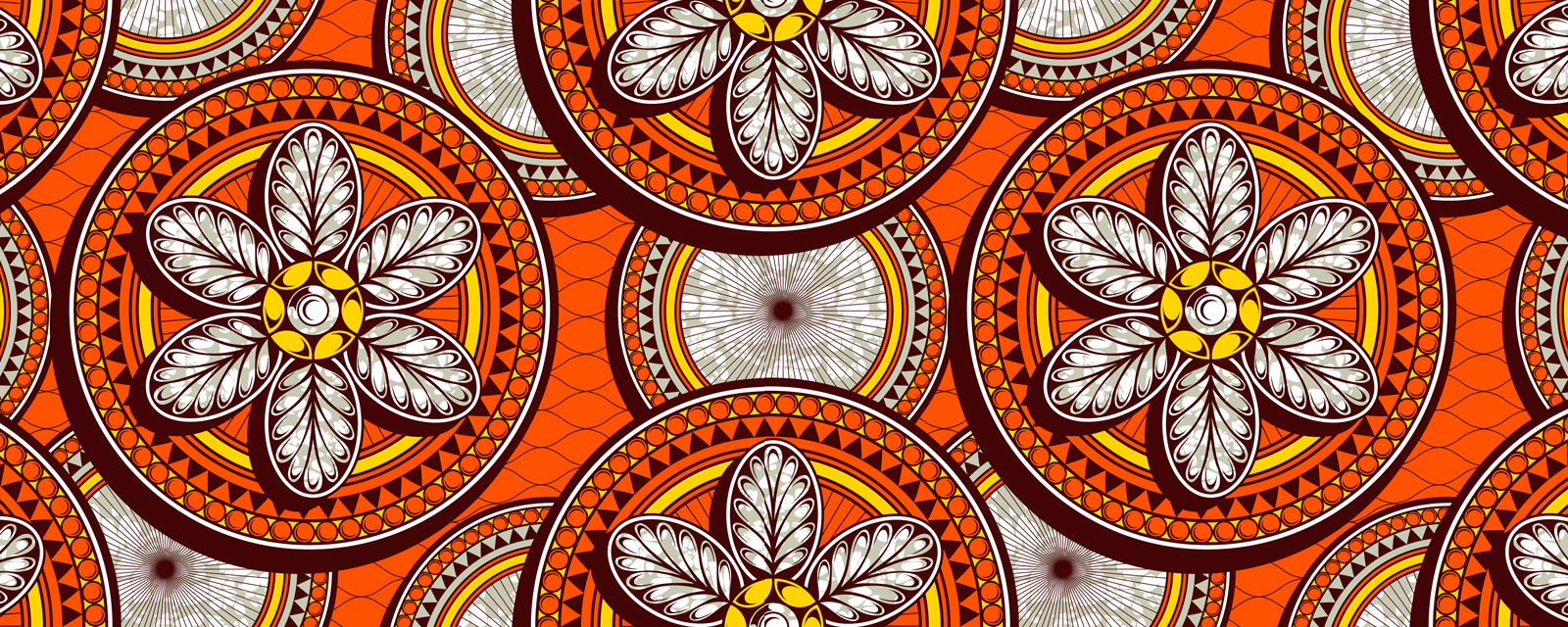An extract from a Yorùbá praise-poem from Nigeria. According to legend, Olu Oje was one of the first kings of the ancient Yorùbá city of Ilé-Ifẹ̀. Forced to abdicate because of his bad temper, he went into exile and founded the town of Oje, bearing the title Olu Oje, king of Oje.
He had three sons of whom Onpetu (meaning ‘Killer of the Duiker’) was his favourite, and this name later became the title of the rulers of the town of Ipetu. This very appealing praise-poem, with its striking gentleness and humour, is a salute to the Olu Oje family.
Offspring of Layimese who was invited to assume a chieftaincy title, (1)
Because of a chieftaincy title he went to Oje.
In order to be crowned King, he had to go to the River Yemetu. (2)
He was duly crowned,
And duly proclaimed a paramount chief.
Consequently he gained more honour.
Saturated with glory,
Dressed in flaming robes,
Clothed in gorgeous attire,
He returned home.
Frequent traveller on the dusty road which led to Oyo land,
Person familiar with three rocks on the road to Lalamese. (3)
One of them obstructs me on my return journey;
Another urges me to go quietly along;
The third asks me, in view of my foolishness
And my alleged ignorance of the way,
Why I have come to Lalamese Town.
My father was a man of great honour,
Honour almost as huge as a hill.
Oje climbed the hill of success;
They rejoiced and rejoiced.
On the day that Olayimese
Would climb on the mortar of death, (4)
They would say a terrible loss had afflicted them.
Our grievous loss is the cause of our repeated sighs,
the demise of the quiet easy-going man of blessed memory,
who had oceans of liquor in his house and who set bounds to quarrels in his household.
This salute is that of the Olu Oje kith and kin.
from The Content and Form of Yoruba ljala,
Oxford University Press (1966),
translated and revised by S.A. Babalola
Footnotes
- Offspring of Layimese: Layimese (meaning ‘My honour has suffered a reverse because I missed’) was the name given to the second of Olu Oje’s sons when he failed the test of hunting the Duiker antelope.
- River Yemetu: the coronation of every Onpetu was performed on the banks of this river.
- Person familiar with three rocks: an allusion to three rocks forming a triangle at the junction of three roads leading from the towns ruled by Olu Oje’s three sons. The story goes that the sons would meet and talk, leaning on the rocks with their backs to each other. One night, a traveller stumbled and was amazed to hear one rock sympathising with him and another rock telling him not to be so clumsy!
- Mortar of death: the Yorùbá custom is to lay a corpse face downwards on a mortar while it is prepared for burial.

